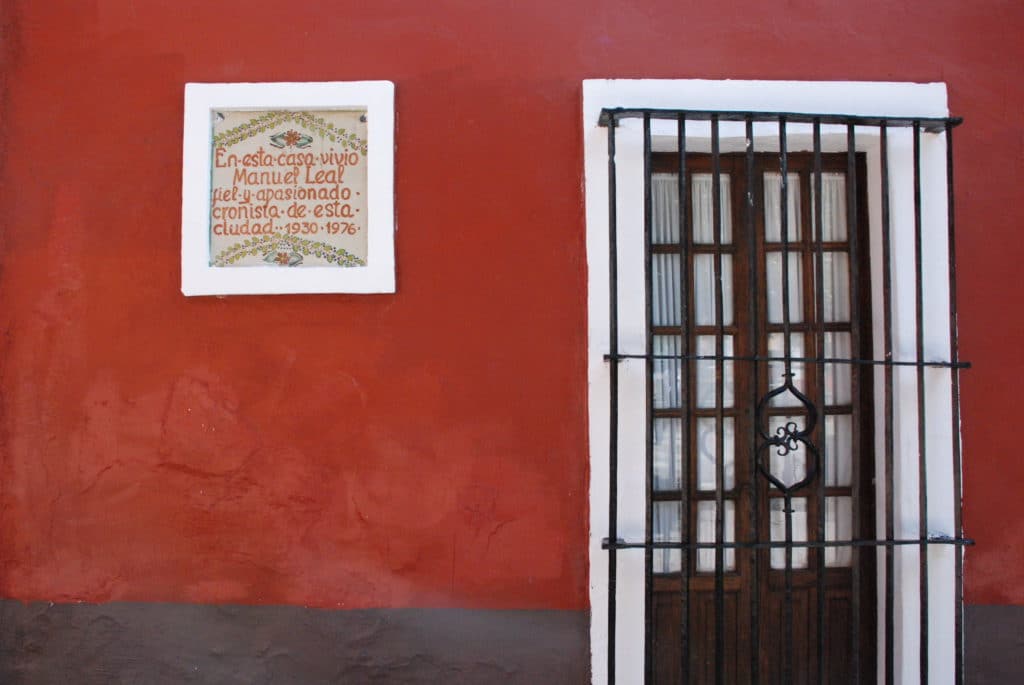Dear GoMad Nomad,
I’m 19 years old. Something doesn’t feel right about the “go to college, work, retire” lifestyle to me and I’m looking towards traveling around the world after I graduate High School. What I was thinking of doing was working for a year, then traveling, then work again etc. What my question is: If you were to travel for a whole entire year, let’s say cover South America and then head over to Europe, how much do you think you would spend in a year? And what is your job now, where do you work?
Sincerely,
Reggie
Dear Reggie,
Thanks for your question. There is nothing I like more than encouraging people to abandon conventional lifestyles to start traveling. Especially a person as young as yourself. There is so much out there to experience. If you are curious about the world now, don’t put it off.
But wait, what about college/university? Ultimately it’s your decision to skip or postpone further academic studies. While I believe a post-secondary education can be hugely beneficial, it is not for everyone. And if you live in the United States, it may put you way into debt.
Just because you postpone university doesn’t mean you won’t be learning. The world is one of the greatest teachers out there. I am certainly not the first person to say that. After a year or two of traveling, if you want to pursue a degree (at home or abroad), go for it.
Table of Contents
Non-conventional lifestyle
I am also against the mentality that one must work really hard for 45 years, only to begin “living” once retired. This has many flaws, starting with the many uncertainties life throws at us. There is no guarantee we are going to make it to 65 in good health. Go see the world when you are physically and mentally full of energy and curiosity.
Why not live life with a series of mini-retirements? Work a little, save up, travel a bit. Repeat.This can be done in endless ways, from pouring coffees back home to working as an English teacher abroad, on a cruise ship for a short term contract, doing seasonal farm work, working as a nanny, working at a hostel part way into your travels.
Work as You Travel
Better yet, learn to earn a living while you travel. There are plenty of professions that you can take on the road. Busking is always an option. Loads of new jobs are internet-based: graphic design, web-design, different forms of consulting, freelance writing, photography, etc. However these digital nomad jobs are probably easier to get into if you already have some higher education and work experience.
I work as a freelance writer and blogger. For several years, I did the work, save up, travel, routine. Then two years ago, after my blog got a little traction, I left home to travel. I carry a laptop, DSLR camera, video camera and document my travels on my blog which I worked hard to monetize.
At your current state, coming out of high school, I would recommend saving up at least $3,000 (after your flight is purchased). There is no need to waste time doing some mundane job back home for an extended period of time in order to try to save up $10,000 or more.
Once you begin traveling, find a job on the road, before you run out of money. This might be working at a hostel somewhere or even doing another mundane job. But a mundane job in Buenos Aires or London is still cooler than one back home.
If you’d rather volunteer, that will allow the money you’ve saved up to last a lot longer. Wwoofing is a great example of a volunteer gig that pays for your expenses. Help Exchange is another.
Get yourself a good guidebook, for at least your first destination. That will help you get started in the habit of where to look for the cheapest beds and food. If you want to wing it after that, it’s up to you.
Travel Expenses
South America can be a great bargain. Some countries, however, like Brazil, Argentina, and Chile are among the most expensive ones there. Colombia, Ecuador, Bolivia, and Peru are the cheapest. Do your research and spend the majority of your time in the cheap countries.
Europe can be both a bargain in some places and draining on the finances in others. Choose wisely. As a general rule Europe gets less expensive to the south and east. Portugal, Bulgaria, Romania, Poland, the Ukraine, and now Greece can be great values.
What’s it going cost is entirely up to you. There are techniques to travel for next to nothing, but that requires a little knowhow and a change in mindset. Travel costs all depend on your destination and travel style. Traveling slower and less comfortably is less expensive.
I tend to use $30 per day as my general figure. That’s a thousand dollars per month. If you’re thrifty, you can get by on $600-700 in some of the cheapest countries. But you’ll still have to be thrifty to get by on $1,200 per month ($40 per day) in more expensive countries.
For a year that’s somewhere in between $7,200 and $14,400, not including any major flights between destinations.
Be smart
Another piece of advice is to be smart with your money. Don’t piss it all away on booze, like many travelers do. Partying with the hostel crew is cool every now and again, but there are far more enriching things you could do with you money. The possibilities are endless: Thai boxing lessons in Thailand, cooking school in Malaysia, Spanish language classes in Guatemala, surfing lessons in Nicaragua, scuba diving in Indonesia, yoga classes in India, trekking in Nepal, glacier-climbing in Iceland.
Enjoy and let us know what you end up doing!
-Stephen


